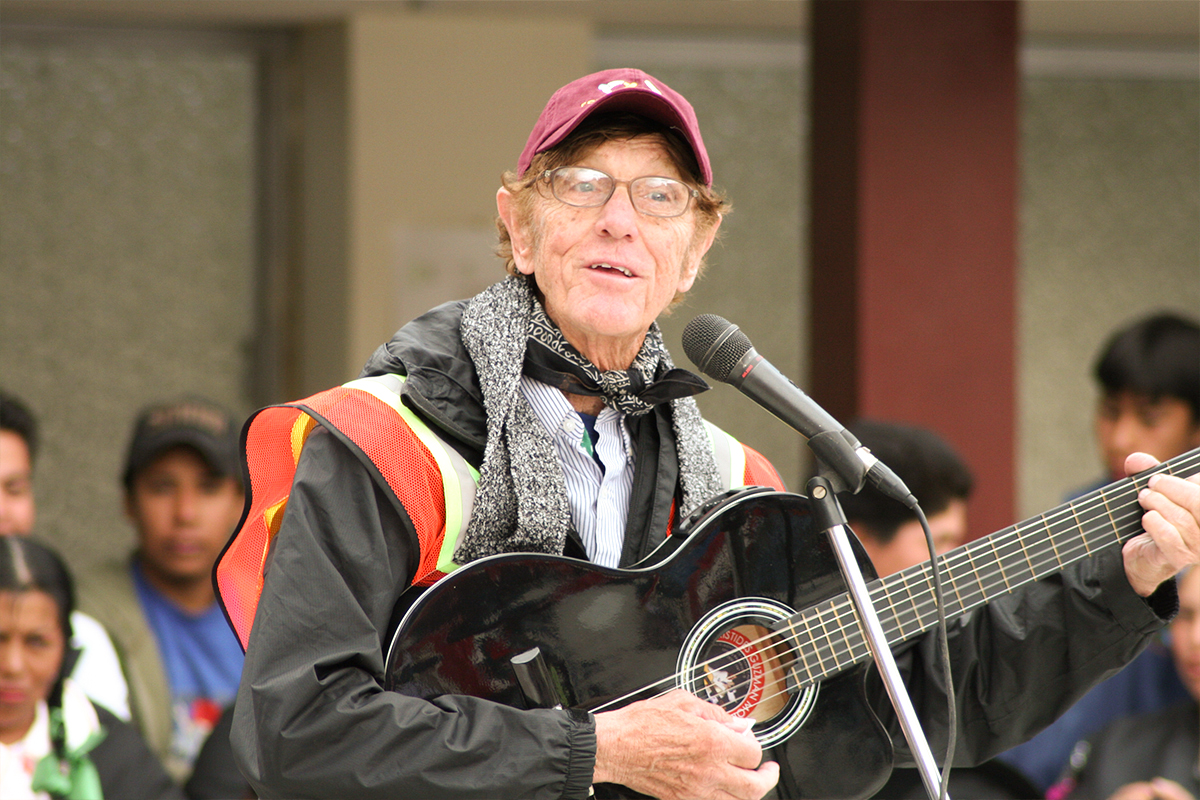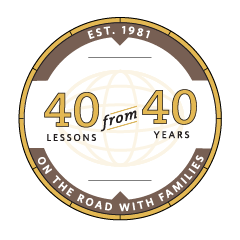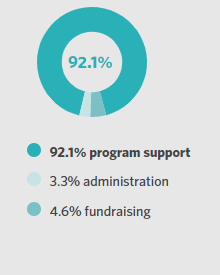
Amplifying Voices
A lesson on learning to listen
By Jordan Kimbrell
May 18, 2021 | 40 Years 40 Lessons
When I joined Unbound’s staff in 2011, I found a refreshing change. The focus was on listening to the people we served — asking them what they thought the solutions should be. Co-founder Bob Hentzen realized early in his travels that he didn’t have the answers he thought he did. But the people he met, people who actually experienced poverty and marginalization, they had ideas. They had voices. It’s just that no one was listening.
Over our 40-year history, we’ve gotten to know the individuals and families we help. … We reflect that by becoming a platform for them to be heard.
— Jordan Kimbrell, former writer/editor with Unbound
Unbound doesn’t claim to give a voice to the voiceless. Over our 40-year history, we’ve gotten to know the individuals and families we help. We reflect that in our program structure, with the families leading the way in how to best use their benefits. We reflect that in how we treat each person we write about with dignity and respect. We reflect that by becoming a platform for them to be heard.
We’re not giving them a voice. We’re providing the loudspeaker. And we’re listening.

In his notes on writing “The Journey From Power to Love,” Unbound Co-founder Bob Hentzen said the song “expresses my personal transformation as a young missionary.” His lyrics recall how the teacher who thought he had the answers became the student.


About the author:













